Marcus Valerius Eurus
Information on contents and insights (click here)
Marcus Valerius Eurus
Marcus is a Roman citizen. Born in Treveri (modern Trier, an imperial city in what used to be the Belgica Prima province of the Diocese of Gallia) in 1208 AUC (ab Urbe Condita - from the foundation of Rome), the year of the consulship of Valentinian and Anthemius (455 AD), he is a commoner: the cadet son of a city blacksmith named Aelius Valerius, and has an older brother, Paulus, and a younger sister, Flavia.
He grows up like a normal son of an urban plebeian family of the Empire, in a house that has no heating or running water, but is still built according to Roman architectural standards and is therefore comfortable, relatively clean and warm. He goes to school where he learns to read, write and arithmetic, and also studies the rudiments of the history, philosophy and literature of his time... His is the last generation to receive a public education: for the following one thousand and four hundred years such a luxury will be unthinkable.
As the son of a craftsman, Marcus also begins to learn his father's profession, and is passionate about forging and iron tools such as work instruments and weapons of war.
His mother had just recently died when his uncle Flavius Rubius, a veteran of Aetius’s army who had defeated Attila the Hun, comes to Treveri in search of volunteers to fight the barbarians. Aelius, who at the time had not left with his brother to fight Attila, does not want his children to leave, but Marcus disobeys the paterfamilias and goes with his uncle even though he is not fifteen years old yet.
Even if Treveri has been part for years of that part of Gaul assigned to the Frankish foederati and is considered by them in all respects as part of their kingdom, the laws issued by Theodosius Augustus are still in force; they establish that the male children must exercise the same profession as their father, so as not to lose the professionalism of artisans and farmers in a period in which education is in full decline due to the economic crisis. Therefore, the departure of the young Marcus is seen not only as an affront to patriarchal authority, but also as something in general contrary to the social conventions of the time.
Alongside his uncle, Marcus lives his first, traumatic war experience on the battlefield of Andegavi (Angers) in the army of Comes Paulus: his childhood ends at that point, and from this point war becomes part of his world; having momentarily stopped the barbarians, Marcus and his uncle are first involved in the siege of Clarus Mons Alvernorum by the Visigoths and then, having reached Italy, in the desperate defence of Rome itself stormed by Richimer.
After the burning of the Palatine Hill, the death of the Augustus of the West and the arrival of the eastern army of Julius Nepos, Marcus parts his ways from his uncle: at that point the bitterness for the dissolution of his world and the disillusionment brought by war convince him to join the regular army as a mercenary. He enlists in the Sagittarii Juniores Orientales, an elite cavalry unit of the imperial army, where he learns to fight on horseback and to shoot with a bow.
At the beginning Marcus is just a recruit in a veteran’s unit, but the casualties in combat, the defections and the continuous turnover of personnel motivated more by pay than by duty, soon lead him to be well integrated in his contubernum, the group of soldiers who share the same tent and fight together like a modern squad.
The Eastern army is first recalled to Illyria and then to Macedonia to fight the Ostrogoths, and Marcus, in addition to learning Greek - that is the main language of the Eastern army - rapidly hones his skills as a fighter; disillusioned, embittered and turned increasingly cynical by the influence of his fellow mercenaries, he quickly changes into a typical soldier of his time: courageous, skilled and essentially devoid of ideals.
During a battle near Thessalonica, Marcus accidentally finds himself fighting in melee near the Zeno Augustus, and accidentally saves his life while losing his own right eye.
Following this event, the comradely attitude and the gratitude of the Augustus meant that Marcus found himself promoted first to an optio (sort of a platoon sergeant) and then to a centurion, directly assigned to the personal guard of the emperor, in the cohort of the Excubitores.
Marcus does not like the service at the Grand Palace that comes from his new rank and assignment: he was happier with the Sagittarii, but he appreciates the conspicuous increase in pay and the comforts offered by life within the Sacred Enclosure. The proximity to the multiform fauna of the Grand Palace bothers him, but it also explains a lot about Rome crisis, and above all the decadence of imperial customs revives in him the memory and nostalgia for the West he has left behind for too long now.
The palace conspiracy hatched by the widowed empress Aelia Verina and her brother Basiliscus leads Marcus to help his Augustus for the second time, and with him also his wife Aelia Ariadne, that different from her consort, manage to earn his esteem.
During the civil war Marcus finds himself getting closer to his Augusta than it would be convenient, and between the two a complicated relationship develops, made up more of mutual esteem than affection, and which will have a profound influence on the life not only of the still a young western centurion, but also on the empress herself.
Little by little, Marcus starts nurturing a sense of duty and loyalty towards a homeland that no longer exists, but which still exerts a profound fascination both on the barbarians and on the citizens of the empire: that Rome which for so many centuries has guaranteed the growth of civilization and the defence of law throughout the known world.
Although embittered by the experiences and disillusioned with people, also thanks to the early education he received back home, Marcus still has his own ethical tension that leads him to know how to recognize good from evil and to try to do what he deems right rather than what suits him best. Although living in an era of intense religiosity, he is not very fervent in his Nicene creed - the mainstream Christianity of the time - and still suffers the typical soldiers’ fascination for the ancient cult of Mithra.
One of his character limits is represented by the strong attraction he feels for women, that attract him and by which he is often reciprocated; this weakness will often get him into trouble, but this is a typical soldiers’ problem, isn't it?
His complex relationship with Aelia Ariadne will lead him first to face increasingly dangerous missions to support the Augusta Familia in its attempt to govern what remains of the Empire through the crisis of the end of the V Century, and then finally to return to the West, where he will try the impossible to restore it to civilization and therefore to the Empire.
The result of his efforts will be very different from what he intended, but will lead to the sowing of the seeds of what today we call Europe.





 Admin
Admin 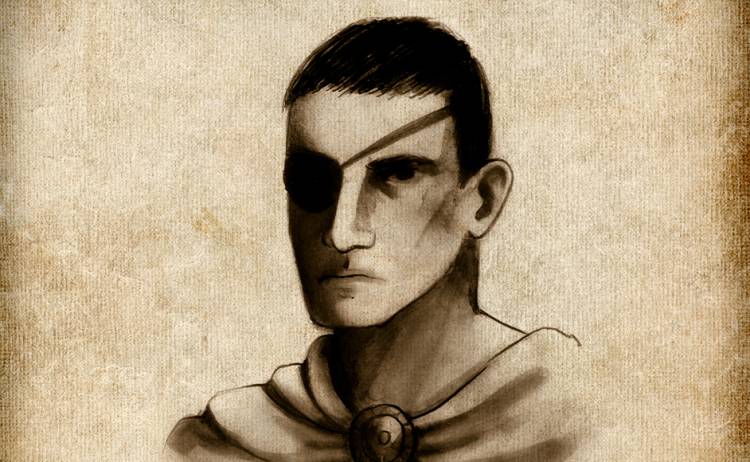
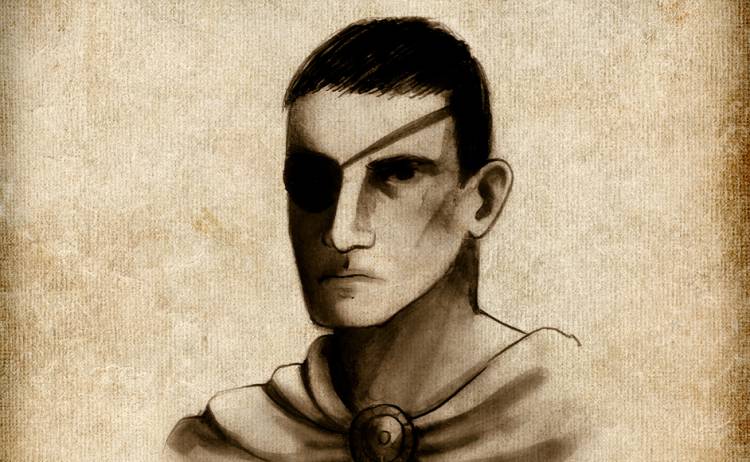

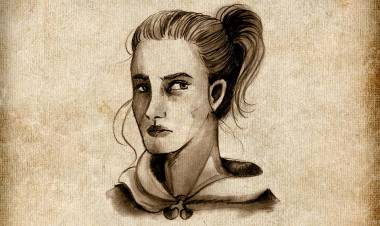





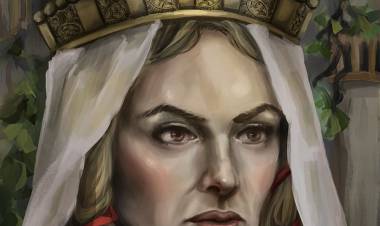



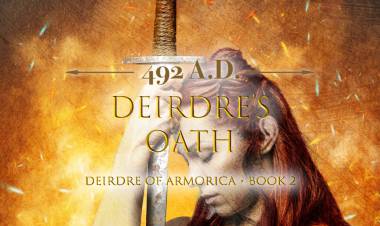
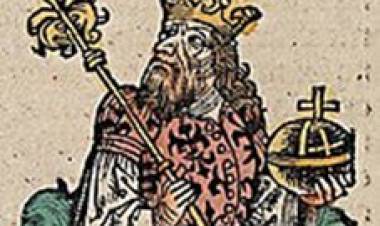
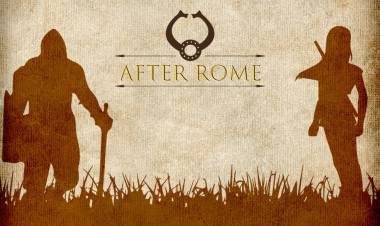
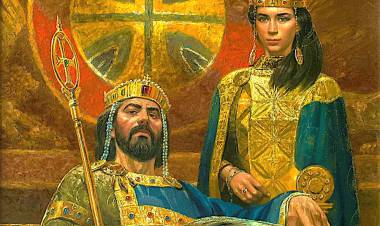
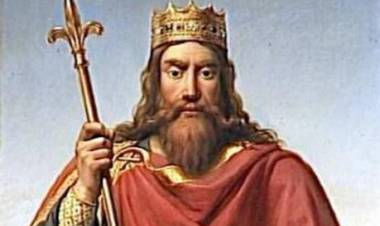
Comments (0)
Facebook Comments (0)